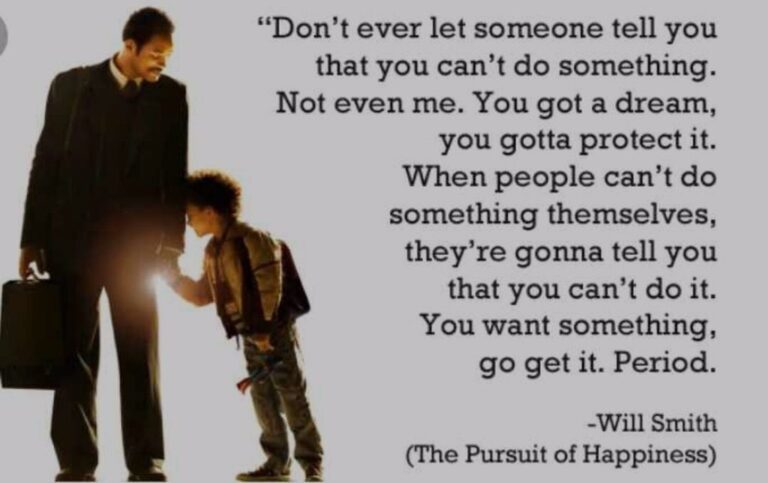“All men dream: but not equally. Those who dream by night in the dusty recesses of their minds wake up in the day to find it was vanity, but the dreamers of the day are dangerous men, for they may act their dreams with open eyes, to make it possible.” – T. E. Lawrence
American politician and author Les Brown is one of my favourite motivational speakers. His speeches were among my favourite things to hear during the COVID-19 pandemic lockdown. Les is hilarious and shares memorable stories to pass his messages across. He often talks about “possibility blindness,” which is the tendency of others to project their limited vision and fear on people with dreams. A story about a little boy and the power of self-belief exemplifies the “possibility blindness” concept:
